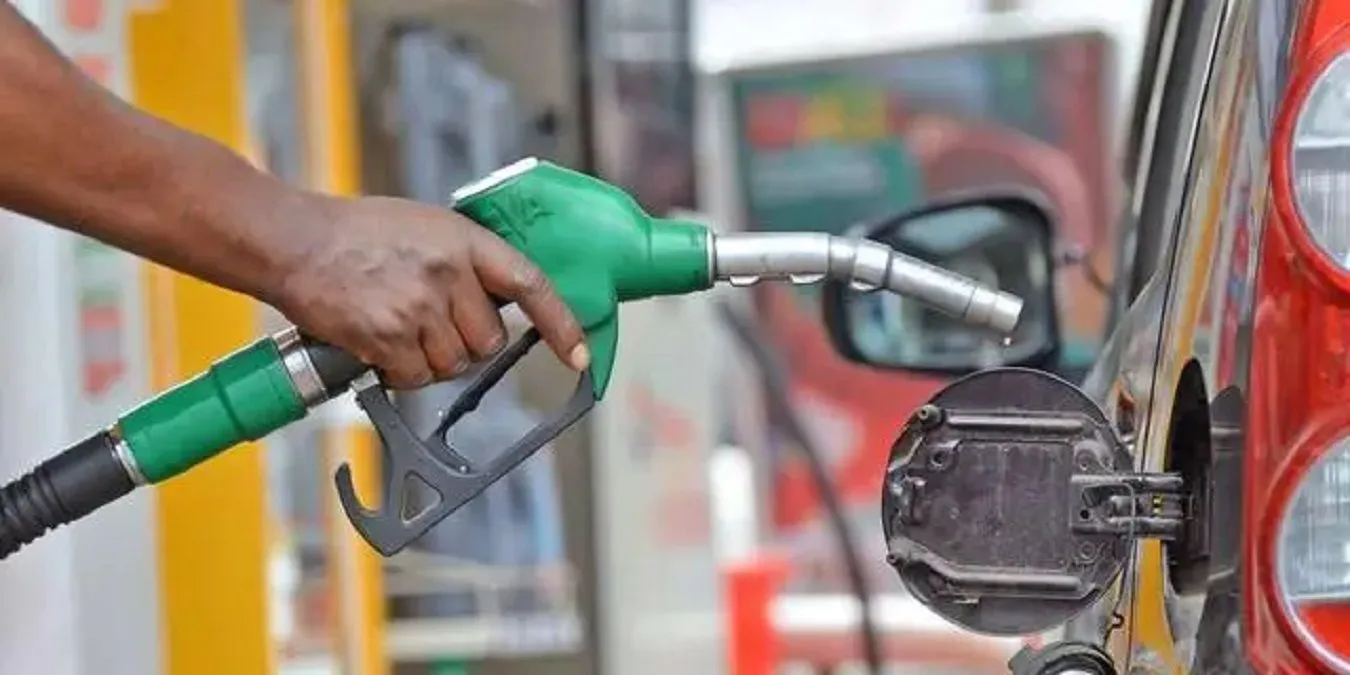The Lagos Chamber of Commerce and Industry (LCCI) has urged the Federal Government to provide clarity and transparency on the issue of petrol subsidy, emphasizing the need for Nigerians to be fully informed. The LCCI expressed concern over the sharp increase in petrol prices, which have risen by approximately 430 percent since President Bola Tinubu assumed office in May 2023.
In a statement issued by LCCI President Gabriel Idahosa, the organization suggested that the price hike might be linked to the government’s move towards fully deregulating the oil and gas sector and implementing a complete removal of the petrol subsidy. However, Idahosa pointed out that the controversies and uncertainties surrounding the policy have caused significant disruptions to the business environment.
The LCCI called for greater transparency to avoid further market distortions and to help businesses and citizens understand the rationale behind the government’s approach to deregulation and subsidy removal.
Idahosa said; “We try to understand that the recent fuel price hikes could be the government”s intention to fully deregulate the oil and gas sector and implement a complete fuel subsidy removal policy,
“However, the dynamics and controversies around these steps create most of the distortions we experience in the business environment, making businesses operate under dark clouds of uncertainties.
“It has become difficult to understand the plans and moves taken by the Ministry of Petroleum Resources, the Nigerian National Petroleum Corporation Limited, and the various oil and gas sector regulators in the face of recent happenings.
“The controversies surrounding the working relationship between NNPCL and the Dangote Refinery are equally confusing.”
The LCCI president said since the current administration came on board, petrol prices have risen by approximately 430 percent.
Idahosa said businesses have continued to grapple with escalating operating costs, including rising logistics and power supply expenses, as well as a shortage of foreign exchange (FX) for critical imports.
He warned these may worsen in the coming months due to a thriving speculative environment, harsh regulatory ecosystem, unguided controversies, persistent insecurity challenges, and weakening purchasing power that restrains demand for goods and services.
“With the CBN’s monetary policy rate at 27.25 percent (with allowance up to about 34%), inflation elevated at 32.15 percent (August 2024), an exchange rate above N1620 per USD Dollar, and an unemployment rate at 5.3 percent, we run a business environment that is too tense for businesses to thrive,” he added




